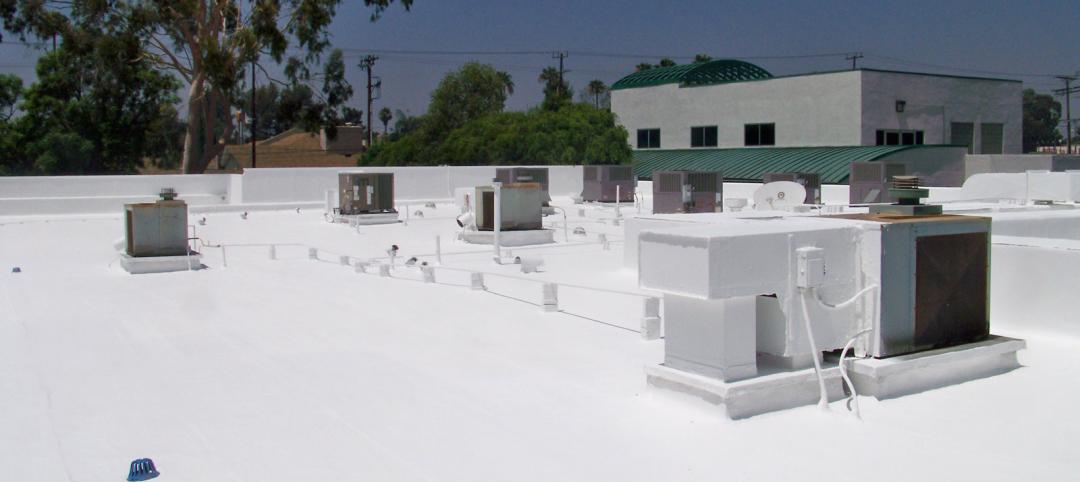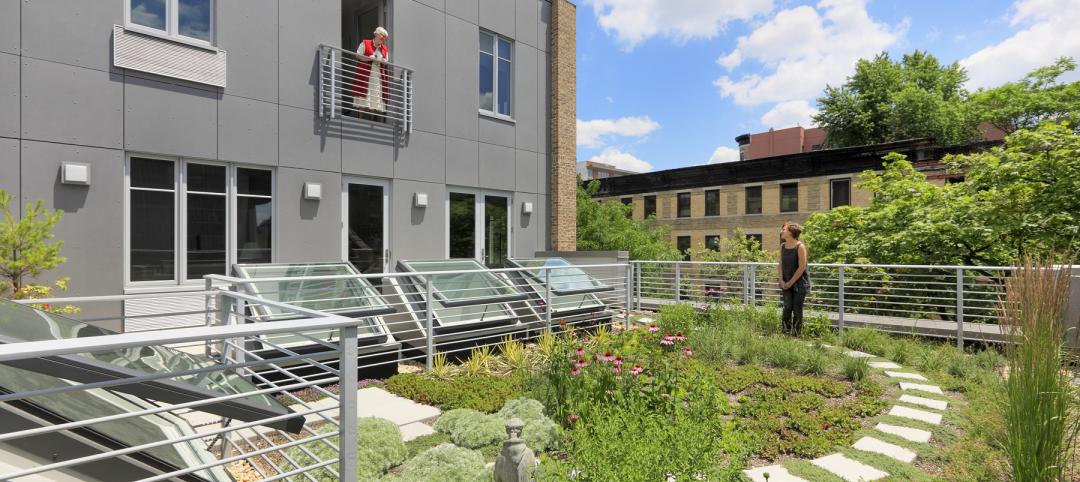The “15-minute city” where residents live within a short walk or bike ride of all their daily needs has gained favor during the COVID-19 pandemic, with some cities banning or reducing cars in designated areas.
This model, the norm in central areas of European cities that were largely settled before the advent of the automobile, faces difficulty in translation to North America. Cities on this side of the Atlantic were laid out with vehicular traffic in mind, creating widely settled areas with fewer tight-knit neighborhoods.
What’s more, economically disadvantaged areas of cities often lack amenities such as grocery stores, pharmacies, and other necessities. Without a concerted effort and significant investment, these urban areas cannot be easily transformed into the 15-minute city model.
Adding bike lanes and small parks will not reverse segregation that had been embedded into city planning for decades. While the 15-minute city may not be realistic for some North American cities, if these communities can transform from a 45-minute city to a 20-minute city, that would be a worthwhile achievement, some planners say.
Related Stories
| Jan 16, 2013
Standards that include reflective roofs must take into account local climate
Roofs painted white can reflect heat and reduce warm-weather energy use, but in cooler regions like Minneapolis or Chicago, the issue of energy-efficiency is less straightforward.
| Jan 16, 2013
New standard for geothermal heat pump systems piping to be included in 2015 International Mechanical Code
NSF International, an independent global organization that writes standards, and tests and certifies products, has published the first in a series of American National Standards for Ground-Source Geothermal Piping Systems – NSF/ANSI 358-1.
| Jan 16, 2013
ANSI passes new safety standards for reinforcing steel and post-tensioning
The ANSI A10 Accredited Standards Committee for Construction and Demolition Operations recently approved amendments to the ANSI A10.9 Concrete and Masonry Standard.
| Jan 8, 2013
Congress passes Drywall Safety Act
Congress recently passed the Drywall Safety Act; President Barack Obama is expected to sign it soon.
| Jan 8, 2013
Building-integrated PVs could help boost green standards over the next few years
A developing technology could begin to have an impact on sustainable standards over the next few years.
| Jan 8, 2013
Revamp of codes among nine low tech steps to raise community resiliency
Updating of local zoning and building codes is one of nine low-tech steps that can boost sustainability and storm resiliency, according to this article.
| Jan 8, 2013
Group releases safety and building codes from 24 countries
Public.Resource.Org released 10,062 public safety documents including building codes covering 24 countries and 6 regions.
| Jan 8, 2013
Montana developing high-performance building standards for state projects
The Montana Department of Administration is developing a single building standard for all state facilities, and hopes to have a plan in place this spring.
| Jan 4, 2013
AGC economist says "fiscal cliff" deal will give construction a boost
The deal in Congress to avoid going over the so-called fiscal cliff "should encourage many businesses to go ahead with projects they have held in reserve," said Ken Simonson, chief economist of the Associated General Contractors of America.
| Jan 4, 2013
California standards on furnishings, insulation to be revised
California is revising the state’s standards on interior furniture and insulation to maintain or improve fire safety while reducing or eliminating the use of toxic chemicals.















